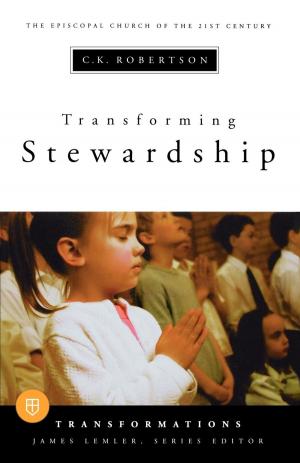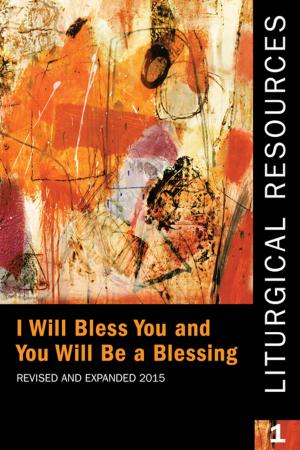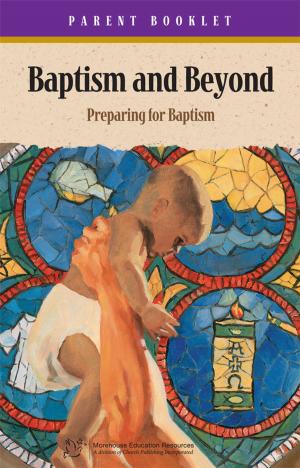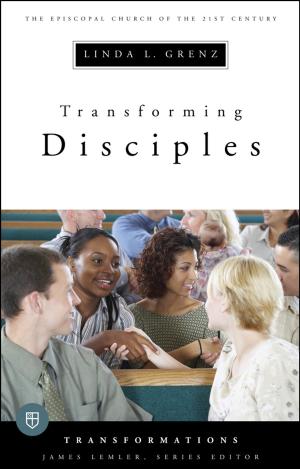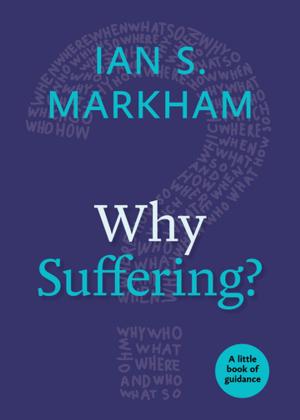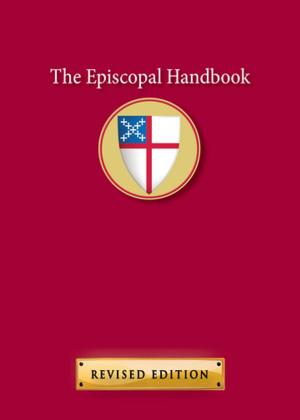Where Mercy Fails
Darfur's Struggle to Survive
Nonfiction, Religion & Spirituality, Christianity, Church, Church & State| Author: | Chris Herlinger, Paul Jeffrey | ISBN: | 9781596272064 |
| Publisher: | Church Publishing Inc. | Publication: | March 1, 2009 |
| Imprint: | Seabury Books | Language: | English |
| Author: | Chris Herlinger, Paul Jeffrey |
| ISBN: | 9781596272064 |
| Publisher: | Church Publishing Inc. |
| Publication: | March 1, 2009 |
| Imprint: | Seabury Books |
| Language: | English |
This new work provides a graphic and literal context for understanding the current tragedy in Darfur and describes a framework for how people of faith are responding to the crisis. Jeffrey’s photos depict daily life in the camps, showing both the challenges faced by the displaced, as well as their unguarded moments of joy and hope. The images show the people of Darfur as real, three-dimensional people, subjects of their history, not as objects or victims in an overly simplistic conflict. The text by Herlinger makes clear that the crisis in Darfur cannot be explained easily, glibly, or in a simplistic fashion. It includes personal stories of those uprooted and currently living in the camps. Additional sections examine the debates surrounding Darfur, including concerns over genocide, the debate over “protection” and “responsibility” by the international community, and the role of activists and religious communities in the ecumenical humanitarian response.
This new work provides a graphic and literal context for understanding the current tragedy in Darfur and describes a framework for how people of faith are responding to the crisis. Jeffrey’s photos depict daily life in the camps, showing both the challenges faced by the displaced, as well as their unguarded moments of joy and hope. The images show the people of Darfur as real, three-dimensional people, subjects of their history, not as objects or victims in an overly simplistic conflict. The text by Herlinger makes clear that the crisis in Darfur cannot be explained easily, glibly, or in a simplistic fashion. It includes personal stories of those uprooted and currently living in the camps. Additional sections examine the debates surrounding Darfur, including concerns over genocide, the debate over “protection” and “responsibility” by the international community, and the role of activists and religious communities in the ecumenical humanitarian response.




